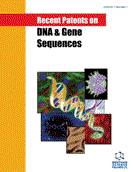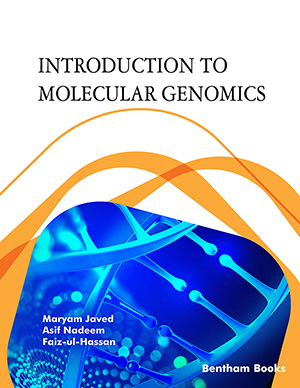Abstract
Mutations, Single Nucleotide Polymorphisms (SNPs), deletions and genetic rearrangements in specific genes in the human genome account for not only our physical characteristics and behavior, but can lead to many in-born and acquired diseases. Such changes in the genome can also predispose people to cancers, as well as significantly affect the metabolism and efficacy of many drugs, resulting in some cases in acute toxicity to the drug. The testing of the presence of such genetic mutations and rearrangements is of great practical and commercial value, leading many of these genes and their mutations/deletions and genetic rearrangements to be patented. A recent decision by a judge in the Federal District Court in the Southern District of New York, has created major uncertainties, based on the revocation of BRCA1 and BRCA2 gene patents, in the eligibility of all human and presumably other gene patents. This article argues that while patents on BRCA1 and BRCA2 genes could be challenged based on a lack of utility, the patenting of the mutations and genetic rearrangements is of great importance to further development and commercialization of genetic tests that can save human lives and prevent suffering, and should be allowed.
Keywords: Breast cancer, BRCA1/BRCA2 genes, drug efficacy, gene patents, genetic predisposition, genetic testing, human genome, patent validity, pharmacogenetics, protein drugs, prostate cancers, perceived broad claims, MEDICAL ISSUE, HUMAN GENES, MUTATIONS, Cytotoxic factors, cupredoxins
 10
10











